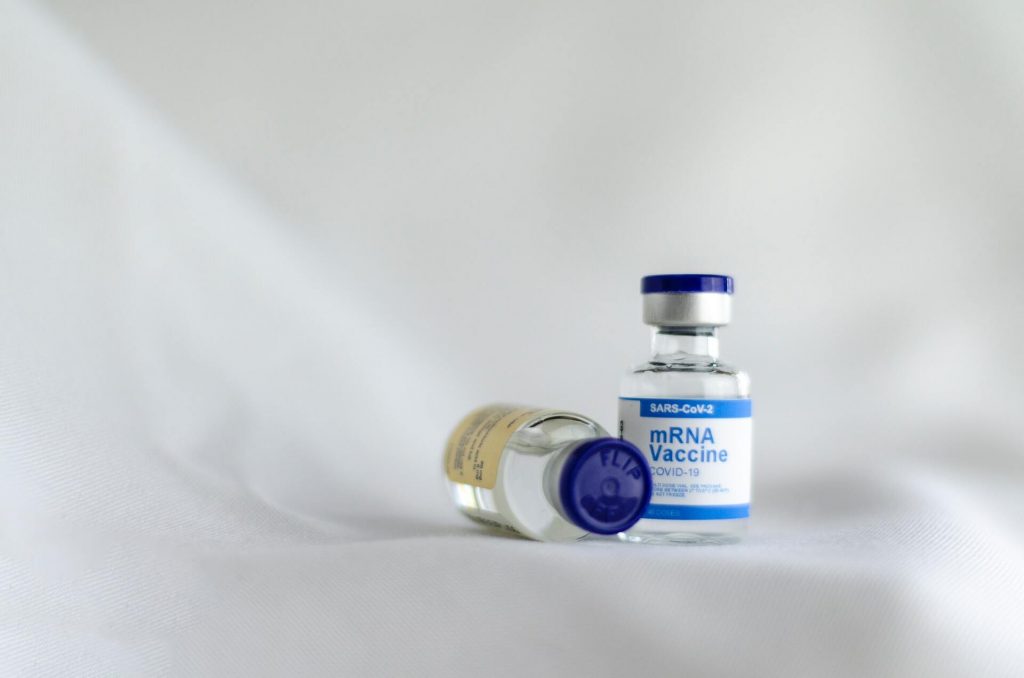The mRNA is an arrangement of instructions by which cells make all proteins and send them to different body pieces. mRNA medicines exploit ordinary natural cycles to communicate proteins and make an ideal restorative impact. This empowers the potential treatment of an expansive range of diseases, large numbers which can’t be tended to with flow technologies. Utilizing mRNA as a medicine is an unexpectedly helpful approach compared to treating illness with other drug classes. It assumes an essential part of human science. mRNA can change how medications are found, created, and fabricated at a breadth, speed, and scale not normal in our industry.
In mid-2020, the Covid was spreading across the globe, and nobody realized how to stop it. Within nine months, vaccines utilizing mRNA technology were promoted as the weapon to battle COVID-19. It was an answer so compelling that it paralyzed medical pioneers and researchers.
RNA technology for vaccines is something like 10 years old. Before COVID, it was all the more generally investigated for cancer therapies, including at MD Anderson. MD Anderson is contemplating mRNA vaccines to decide whether they can be modified to prevent colon cancer from repeating and be individualized for every tolerant’s cancer transformation. Because of that speed and effectiveness, many accept we’ve just seen the start of mRNA vaccines, which could turn into a go-to treatment for some diseases.
How does mRNA Work?
mRNA medicines aren’t tiny particles, as conventional drugs. What’s more, they aren’t conventional biologics which was the beginning of the biotech business. mRNA medicines are sets of instructions that guide cells to make proteins in the body. These proteins then prevent or fight infection. DNA is a twofold abandoned particle that stores the genetic instructions your body’s cells need to make proteins. Proteins, then again, are the ‘workhorses of the body. Essentially every capacity in the human body is completed by one or numerous proteins. mRNA is similarly pretty much as basic as DNA. Without mRNA, your genetic code could never get utilized by your body. Proteins could never get made.
What’s more, your body couldn’t play out its functions. Courier ribonucleic corrosive, or mRNA for short, assumes an essential part in human science, explicitly in an interaction known as protein synthesis. mRNA is a solitary abandoned atom that conveys genetic code from DNA in a cell’s core to ribosomes, the cell’s protein-production apparatus.
An RNA copy of a DNA sequence for making a given protein is made through an interaction known as a record. This copy goes from the cell’s core to the cell’s piece, known as the cytoplasm, which houses ribosomes. Ribosomes are unpredictable apparatus in the cells that are answerable for making proteins. Then, at that point, through another interaction known as interpretation, ribosomes ‘read’ the mRNA and adhere to the instructions, making the protein bit by bit. The cell then, at that point, communicates the protein and is, thus, completes its assigned capacity in the cell of the body.
Utilizing mRNA to Foster Another Classification of Medicines
Moderna Therapeutics is utilizing the critical job that mRNA plays in protein synthesis. They have created restrictive technologies and techniques to make mRNA sequences that cells perceive as delivered in the body. We center around diseases where empowering cells to produce at least one given protein will empower the body to battle or prevent a given sickness.
They start with their ideal sequence for a protein. Then, at that point, they synthesize the comparing mRNA sequence, which is the code that will make protein. Before synthesis, they also engineer that mRNA sequence to advance the mRNA’s physical properties, just as those of the encoded protein. Then, at that point, they convey the mRNA sequence to the cells liable for making that protein through one of a few modalities. Coming to various kinds of cells requires distinctive conveyance techniques. Furthermore, when the mRNA in the cell of human science dominates. Ribosomes read the code and fabricate the protein, and the cells express the protein in the body.
Utilizing mRNA as a drug opens up a breadth of freedoms to treat and prevent sickness. mRNA drugs can coordinate protein production by going inside the body cells, something impractical with other drug approaches. We can treat or prevent diseases that today are not addressable, potentially working on human health and affecting lives worldwide.
Final Words
We know there are side effects connected to the mRNA vaccines, for example, allergic reactions or heart issues, yet specialists say it occurs half a month after the injection, and it’s uncommon. Having the option to program this technology to perceive various diseases could revolutionize healthcare. However, the significant boundary holding that back from happening is that it must be stored in extremely cold, and it’s expensive.N
Content Disclaimer:
DISCLAIMER of Liability. IN NO EVENT SHALL OUR PR COMPANY BE LIABLE OR RESPONSIBLE TO YOU OR ANY OTHER PERSON FOR ANY DIRECT, INDIRECT, INCIDENTAL, CONSEQUENTIAL, SPECIAL, OR EXEMPLARY DAMAGES OF ANY KIND, INCLUDING WITHOUT LIMITATION, LOST PROFITS OR LOST OPPORTUNITIES, EVEN IF ADVISED OF THE POSSIBILITY OF SUCH DAMAGES IN ADVANCE AND REGARDLESS OF THE CAUSE OF ACTION UPON WHICH ANY SUCH CLAIM IS BASED, INCLUDING, WITHOUT LIMITATION, ANY CLAIM ARISING OUT OF OR IN CONNECTION WITH ANY OF THE CONTENT, INCLUDING, WITHOUT LIMITATION, AUDIO, PHOTOGRAPHS, AND VIDEOS, OR OF THE ACCURACY, RELIABILITY, OR LEGALITY OF ANY STATEMENT MADE IN OR OMITTED FROM ANY advertisement, sponsorship, endorsement, testimonial, opinion, or other product-related or service-related statement or review appearing in the Websites or in ANY post or article distributed via the Websites.







